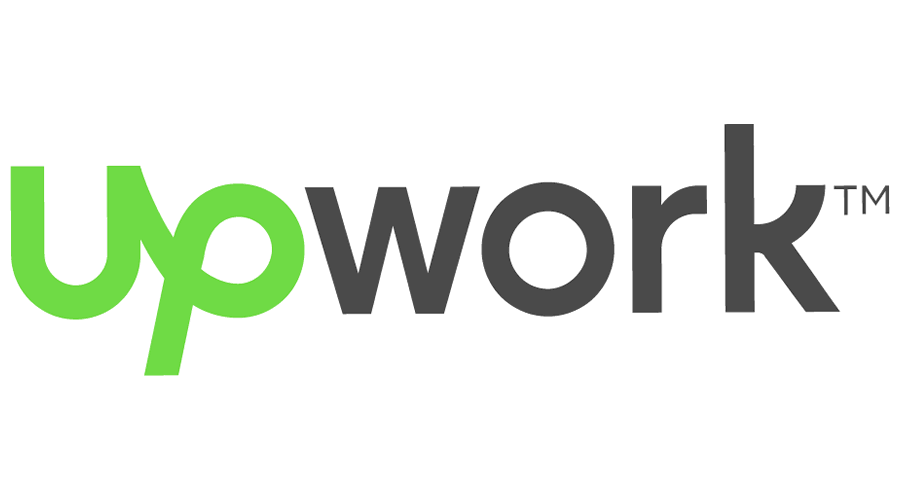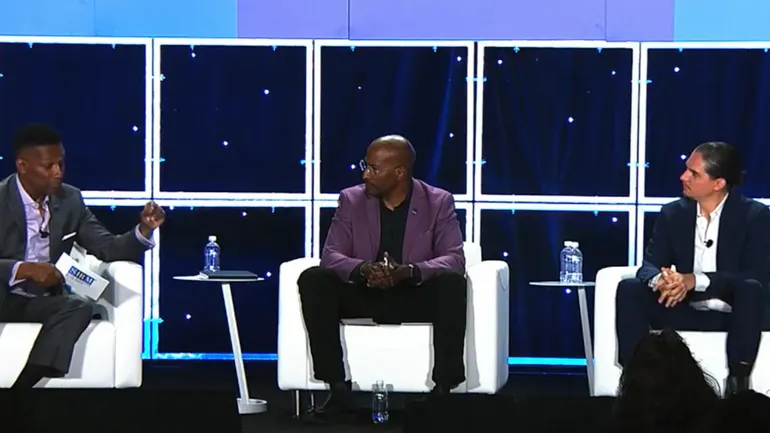Much has been written over the years in the mainstream media and industry press about “the war for talent.” Employment statistics, vacancy rates, salary and benefit comparisons, and market analyses all paint a picture of an ever-changing and dynamic labor market. Recruiters and business leaders know that, regardless of the vagaries of specific industries or the broader labor market, the one enduring truth is that every company wants to hire the best talent for an open role. Whether an organization is growing rapidly or only seeking to fill one or two key openings, the challenges—and the opportunities—remain the same.
To “win the talent war,” there are some widely applicable principles to keep in mind: engaging attractive applicants in a meaningful, mutually beneficial, transparent and insightful interview process is the step to a successful talent acquisition program—a program that will fuel your company’s growth and overall talent objectives. Across industries, culture, clarity in business strategy and role, and competitive compensation (total rewards) packages are key factors in attracting top talent at every level.
See also: We’re waging war for our own talent
An authentic culture and mission should shine through in every conversation
Successful companies demonstrate a consistent, authentic commitment to an inspiring culture—an engaging, authentic, collaborative workplace with talented and supportive colleagues; a leadership team that effectively communicates a compelling vision and supports employees in the pursuit of individual and team goals; a commitment to employee development; and a clear and motivating path for career advancement.
The interview process must convey the culture of the company and the institutional commitment—the people, processes and policies—to maintaining and nurturing that culture. Potential employees should understand clearly that an inspiring culture is a foundational element of business strategy. Strong candidates likely have alternatives to choose from, and interviewers should remember that the interview is a two-way street. Just as the company’s representatives are gauging the candidate’s capabilities and fit, the candidate is developing an opinion on whether the company will advance his or her personal and career objectives. Smart employers prioritize a strong culture from the start, and this commitment comes through naturally in every step of the interview process.
Clarity and context of role in recruiting
Establishing a firm understanding of the importance of culture is a foundational element in successful recruiting, and effectively selling the culture opens the candidate’s mind to key next-level considerations, such as the specific requirements of the role and its context in the broader business. Beyond simple job descriptions, high-value candidates want to know the challenges the business is facing, the strengths and weaknesses of the team and the goals and objectives ahead. Essentially, “What problem are we trying to solve, and what resources are available to solve it?”
Further, candidates want to understand the context and impact of the role. Recruiters must be ready to answer, “How do my efforts contribute to the broader mission of the company?” Expectations of individual impact, visibility, proximity to the customer and level of autonomy are often determinants of role satisfaction. Finally, with the importance of culture already made clear, the answer to, “How will I contribute to and influence the culture of the company?” should be clear to the candidate.
These are just a few examples of how clarity of role expectations and the context in which the role operates can bring the opportunity alive for top candidates.
Total compensation packages reflect your culture, too
Most employers understand that top talent is worth a competitive total compensation package—and that’s not as easy as simply offering higher pay. Beyond standard salary, bonuses and long-term compensation, total compensation also includes the ways in which the company supports retirement planning, health and wellness benefits, life and disability benefits, and employees and their dependents in the moments that matter, especially moments of crisis. These specifics reinforce the bond between employer and employee and should be thought of as another way to bring the firm’s culture to life.
A comprehensive total compensation plan supports the employee throughout his or her career—and life—progression and reinforces a culture of commitment and respect.
Build trust throughout the recruiting process
With the right building blocks of culture, role clarity and compensation in place, it is now time for smart employers to convince top candidates to accept the offer. Building trust throughout the process is critical and positions the hiring manager to “close the deal” at the end of the process. Here are a few helpful hints to remember:
- Prioritize the company’s culture and business needs.
- Transparency builds trust, as does a fair selection process.
- Invite the candidate into your company story. Tailor the telling of your company’s story, making it relevant to each level and functional specialty. For example, a junior IT candidate will view a business growth story very differently than a senior underwriter would. How can you best reach each applicant?
- Invest in a storyboard and ensure your interviewers know and can communicate the key elements. Some leaders and hiring managers struggle to effectively communicate the company’s story and business strategy. Brief them on the broad range of activities that a company is undertaking at every opportunity.
- Don’t tell a recruit what you think he or she wants to hear just to fill a role. The last thing a hiring manager wants is a disillusioned new employee. Clarity on the role and its fit into the broader strategy and culture of the company is a terrific way to build trust and reduce expensive and distracting turnover.
The talent war doesn’t stop when the offer is accepted
Retaining top talent is as—if not more—important than acquiring talent. Employees are a company’s most valuable asset, and leaders should invest in employee development at every level. The themes we have discussed here—culture, clarity and holistic compensation—should remain relevant and should grow and develop as employees advance throughout their careers.
Engaging employees in career pathing discussions is a great way to get a sense of the employees’ ambitions, interests and talents. These discussions often uncover opportunities for growth within the company. Filling open positions with existing employees, either via promotion or cross-training, is a more efficient method of hiring and demonstrates to all employees that there is opportunity for advancement at a firm. Retaining experienced employees who understand the culture and overall business strategy strengthens the fabric of the firm and promotes loyalty among employees.
The “war for top talent” will be won by companies that focus on the three Cs—culture, clarity and compensation—and do so in a way that is authentic, original and honest. Sharing an inspirational culture and business strategy, explaining the role and its fit, and highlighting a competitive total rewards philosophy are the key elements to attracting and retaining the best talent.





















